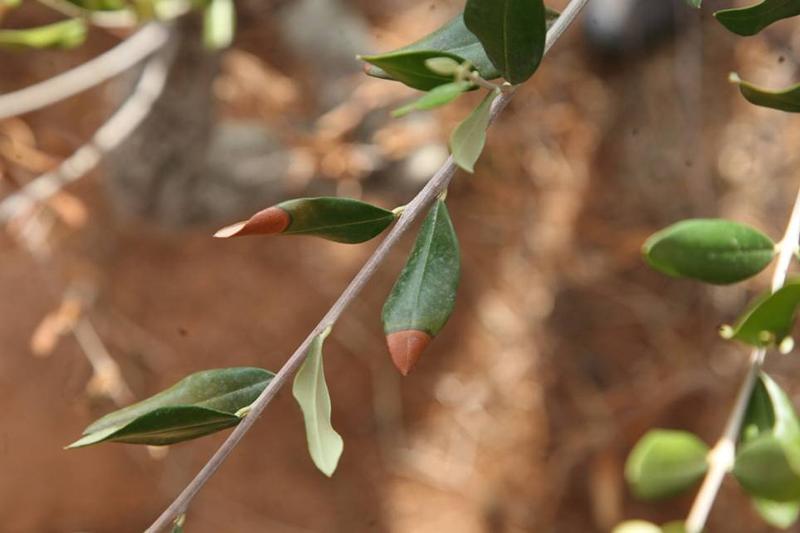
Protect against the introduction of Xylella from the EU
Followers of industry news feeds will have noticed Xylella has continued to spread into new areas of Europe in the past few months. A Coffea plant infected with Xylella has been discovered in an office in the Netherlands and more recently Belgium confirmed three olive trees showing symptoms were identified during routine inspections of a wholesaler. This is the first interception on traded olive trees and has prompted more prescriptive official inspection and testing to provide protection. In a bid to ensure the UK remains free from Xylella, Defra has announced olive trees will be included in the statutory notification scheme already in operation, which requires imported plants from elsewhere in the EU must be notified in advance to the Animal and Plant Health Agency (APHA).
In particular, BALI urges members to heed the following advice in addition to practising good biosecurity measures:
- Ensure imported plants both originate from and are sourced from disease-free areas
- Source from known suppliers or visit suppliers to view their processes, procedures, bio-security arrangements and the plants they grow
- Isolate or quarantine new batches of plants and monitor them during the growing season for signs of the disease
- Ensure that plant passports arriving with plants are correct and keep the plant passport to aid traceback if necessary
Details of the amendment are in the link:
![]()

